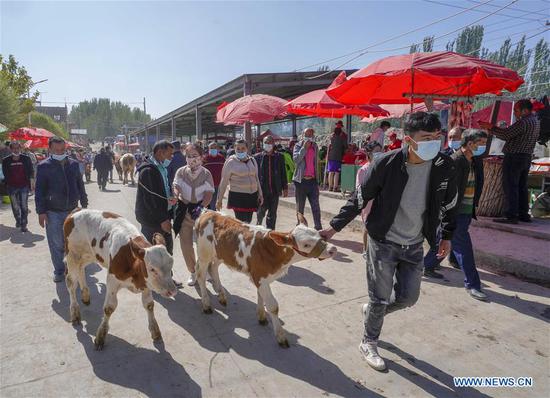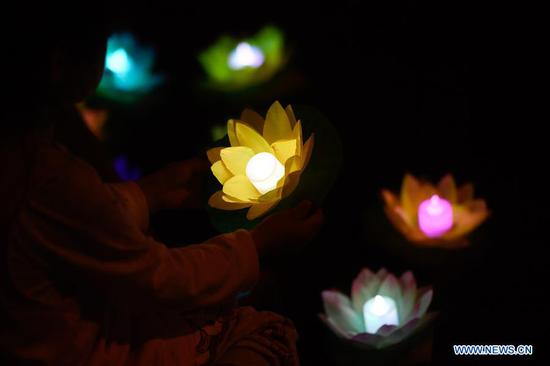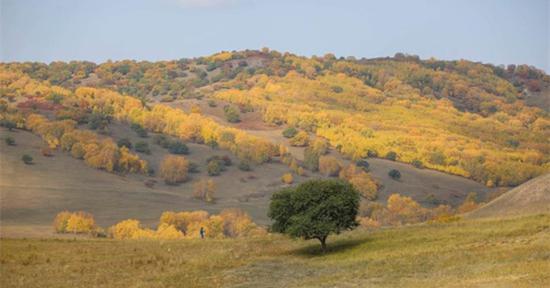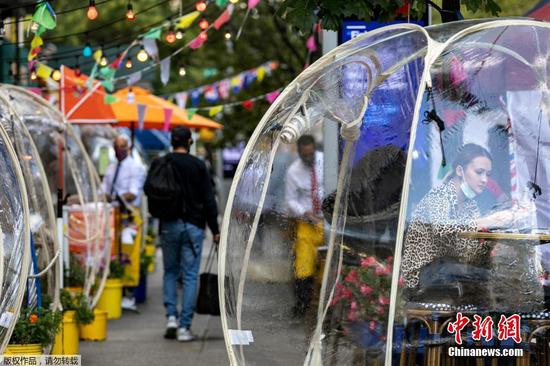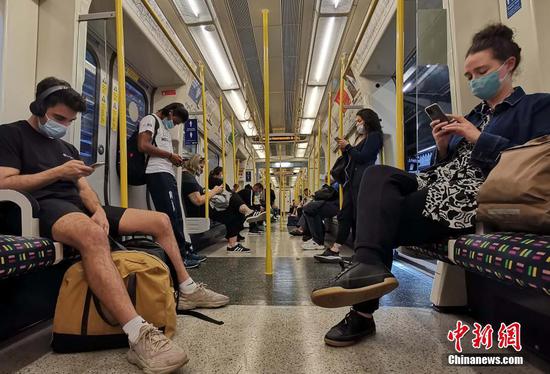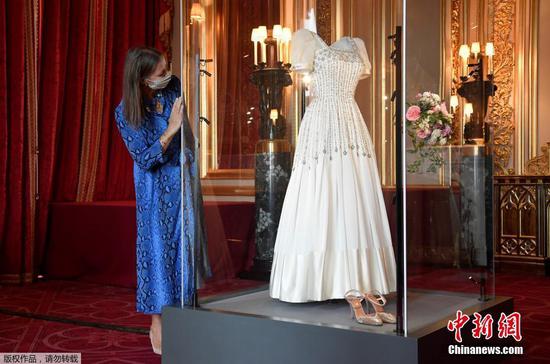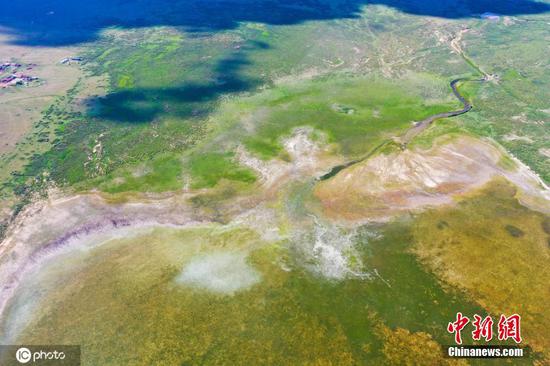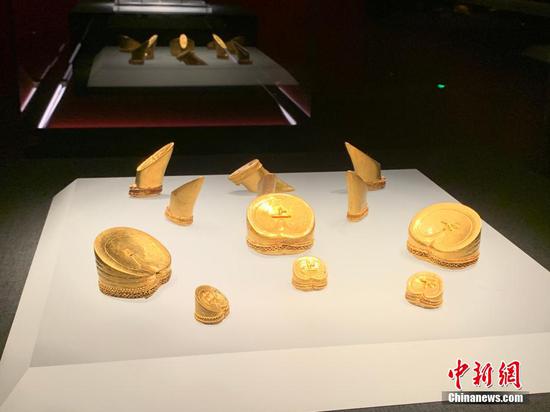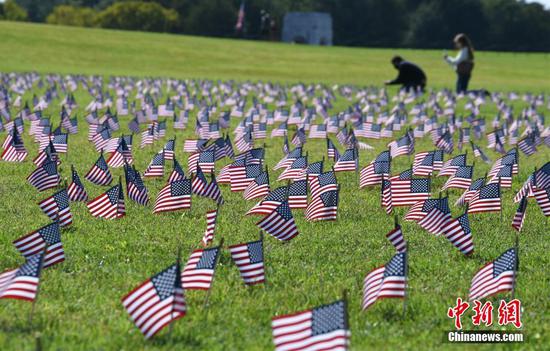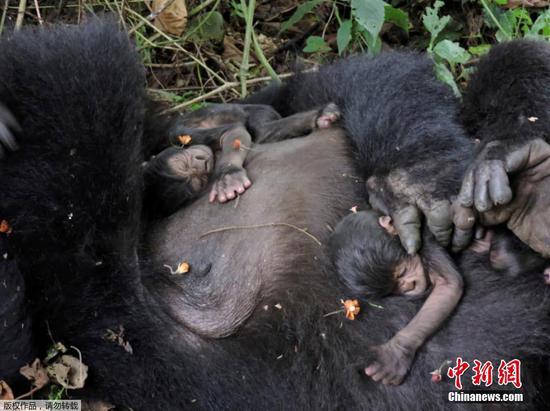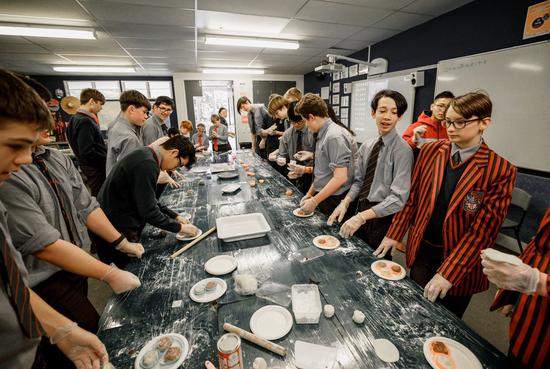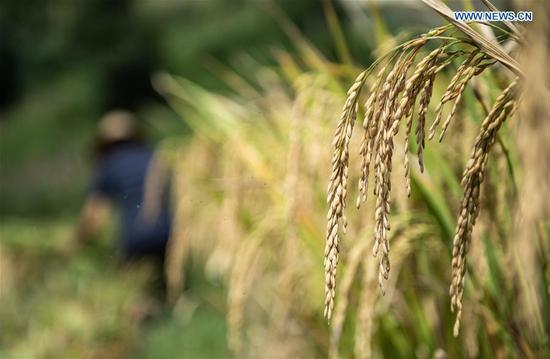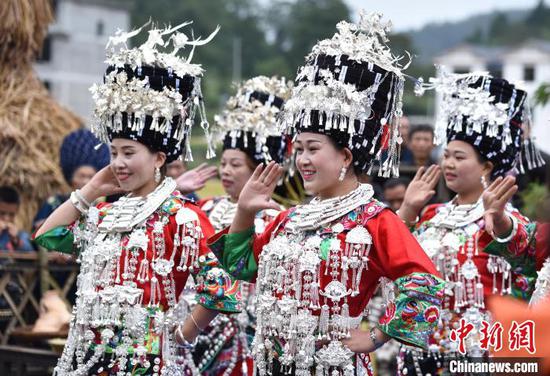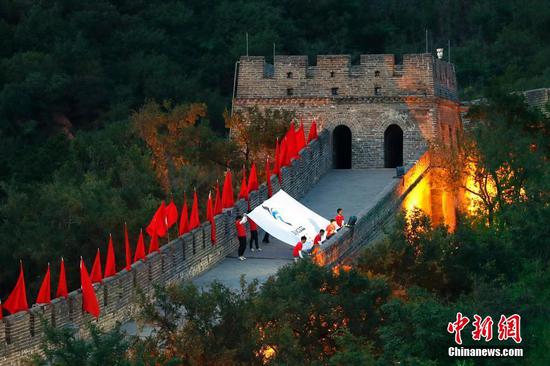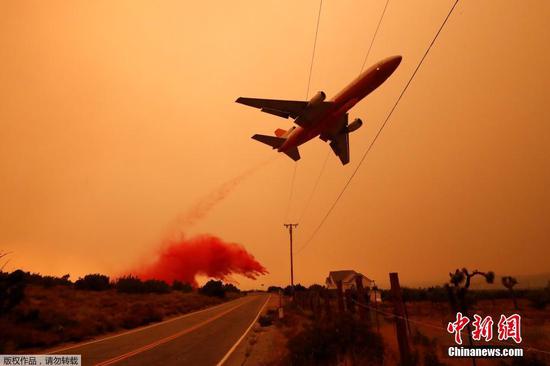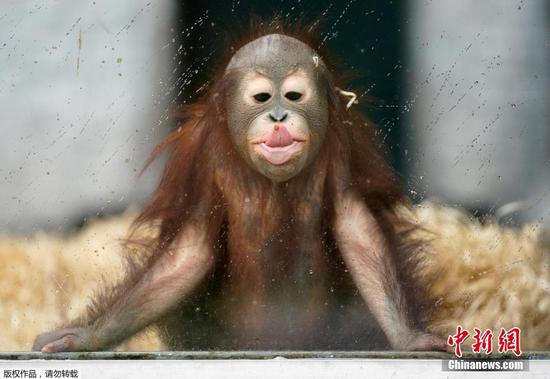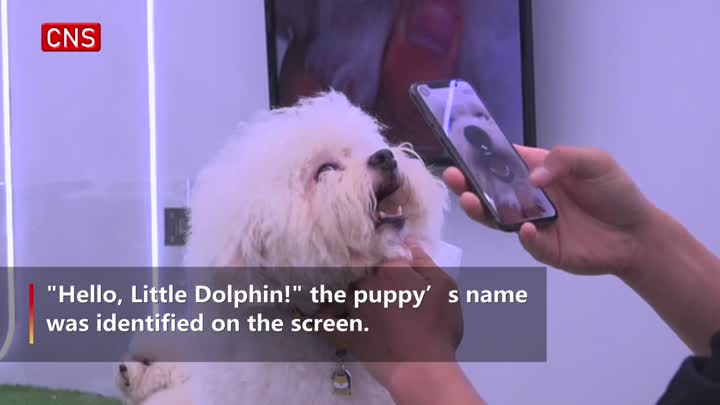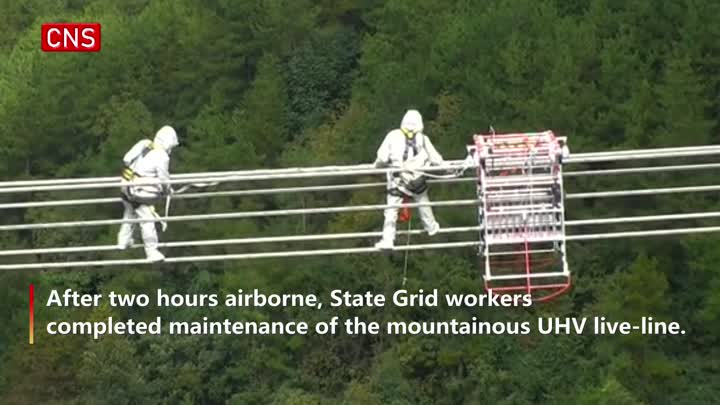A U.S. federal judge ruled on Sunday in favor of TikTok to temporarily block President Donald Trump's order to ban downloads of the app in the U.S.
U.S. District Judge Carl Nichols in Washington, DC, made the decision hours before the ban would take effect after Sunday midnight.
The popular short-video platform requested an injunction on Sept 23 to temporarily block the Commerce Department's order to ban the app. The order, issued on Sept 18, bars Apple and Google's app stores from providing services for the apps' downloads and updates starting Sept 20.
A day later, the department delayed the ban to give the company an additional week till Sept 27 to finalize a deal.
The judge on Sept 24 ordered the Trump administration to either postpone its ban on TikTok or respond by the afternoon of to the company's request.
Late on Sept 25, the Justice Department filed its opposition to TikTok's request, saying the injunction would "infringe on the President's authority to block business-to-business economic transactions with a foreign entity in the midst of a declared national-security emergency".
During Sunday's hearing, TikTok's lawyer described the ban as "unprecedented" and "irrational", and argued that it doesn't make sense to impose this ban when there are negotiations underway.
The Commerce Department also ordered a separate set of technical restrictions on TikTok starting Nov 12, including baring data hosting within the U.S., content delivery services and networks that can increase functionality and internet transit or peering services.
TikTok argues the Trump administration's restrictions "were not motivated by a genuine national security concern, but rather by political considerations relating to the upcoming general election".
"It is very hard to separate out these particular actions against TikTok and WeChat from the fact that they are taking place in the context of President Trump's trade war with China, as well as the president's history of anti-Chinese rhetoric and xenophobia," said Hina Shamsi, director of the National Security Project at the American Civil Liberties Union, at a webinar on Sept 24.
She argued that the government's concerns over national security are, "to say the very least, overstated" when one looks at the actual facts. The government actually hasn't provided specific and direct evidence of harm that rises to the level for such a pervasive ban, she said.
Under the terms of the TikTok ban, existing users could still post videos, but no new downloads or updates of the app would be allowed, which could cause outages or glitches in the future.
In a separate litigation, three TikTok content creators requested to block the ban on the app. The plaintiffs said they "earn a livelihood from the content they post on TikTok" and that platform's "For You" page is unique among social media platforms, because its algorithm allows "little-known creators to show their content to a large audience".
A judge in Pennsylvania rejected the request on Saturday, saying that the three had failed to prove they would suffer "immediate, irreparable harm" if new downloads are barred, since the app would remain operational for current subscribers.
Another federal judge in San Francisco has blocked a similar order from taking effect on the social media app WeChat. The judge cited "serious questions" about whether the WeChat ban infringed on users' First Amendment rights.
The government has filed a motion in federal court to stay the WeChat Ban preliminary injunction pending appeal. The plaintiffs will "strongly oppose" the government's motion, according to the plaintiff's lead lawyer.











